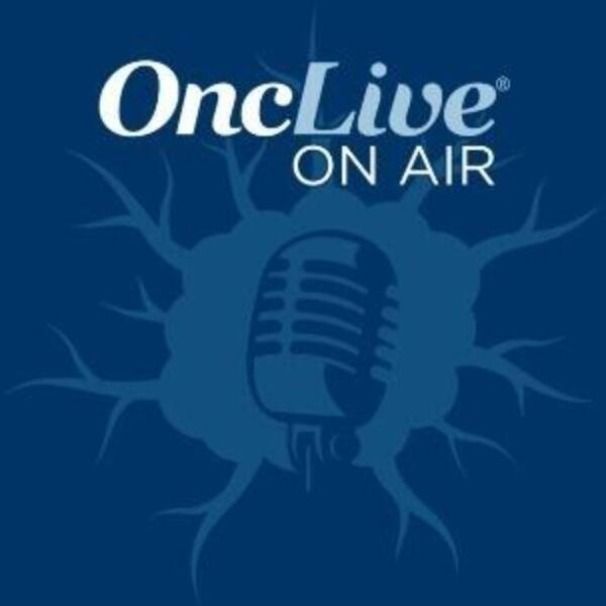Video
Dr. Pulsipher on MRD in Pediatric Patients Treated With CAR T Cells
Author(s):
Michael Pulsipher, MD, director of cellular therapy and stem cell transplantation, professor of pediatrics, USC Keck School of Medicine, discusses the role of MRD testing in pediatric patients treated with CAR T-cell therapy.
Michael Pulsipher, MD, section head, Blood and Marrow Transplantation, Children's Hospital Los Angeles, professor of pediatrics, USC Keck School of Medicine, discusses the role of minimal residual disease (MRD) testing in pediatric patients treated with chimeric antigen receptor (CAR) T-cell therapy.
In pediatric patients with relapsed/refractory acute lymphoblastic leukemia, treatment with the CD-19 targeted CAR T-cell therapy tisagenlecleucel (Kymriah) demonstrated sustained rates of relapse-free survival and overall survival at 24 months, according to updated data presented at the 2018 ASH Annual Meeting. Based on an exploratory analysis from this study, Pulsipher adds, researchers might have an earlier idea of which patients will derive the most benefit from CAR T cells.
MRD testing was performed after the 28-day cycle of CAR T-cell therapy. Results showed that patients who demonstrated what was defined as an MRD-negative remission had a progression-free survival (PFS) rate of 80% that stretched into the 2-year follow-up range. On the other hand, Pulsipher says, patients who demonstrated MRD positivity had a 2-year PFS rate of 30%.









